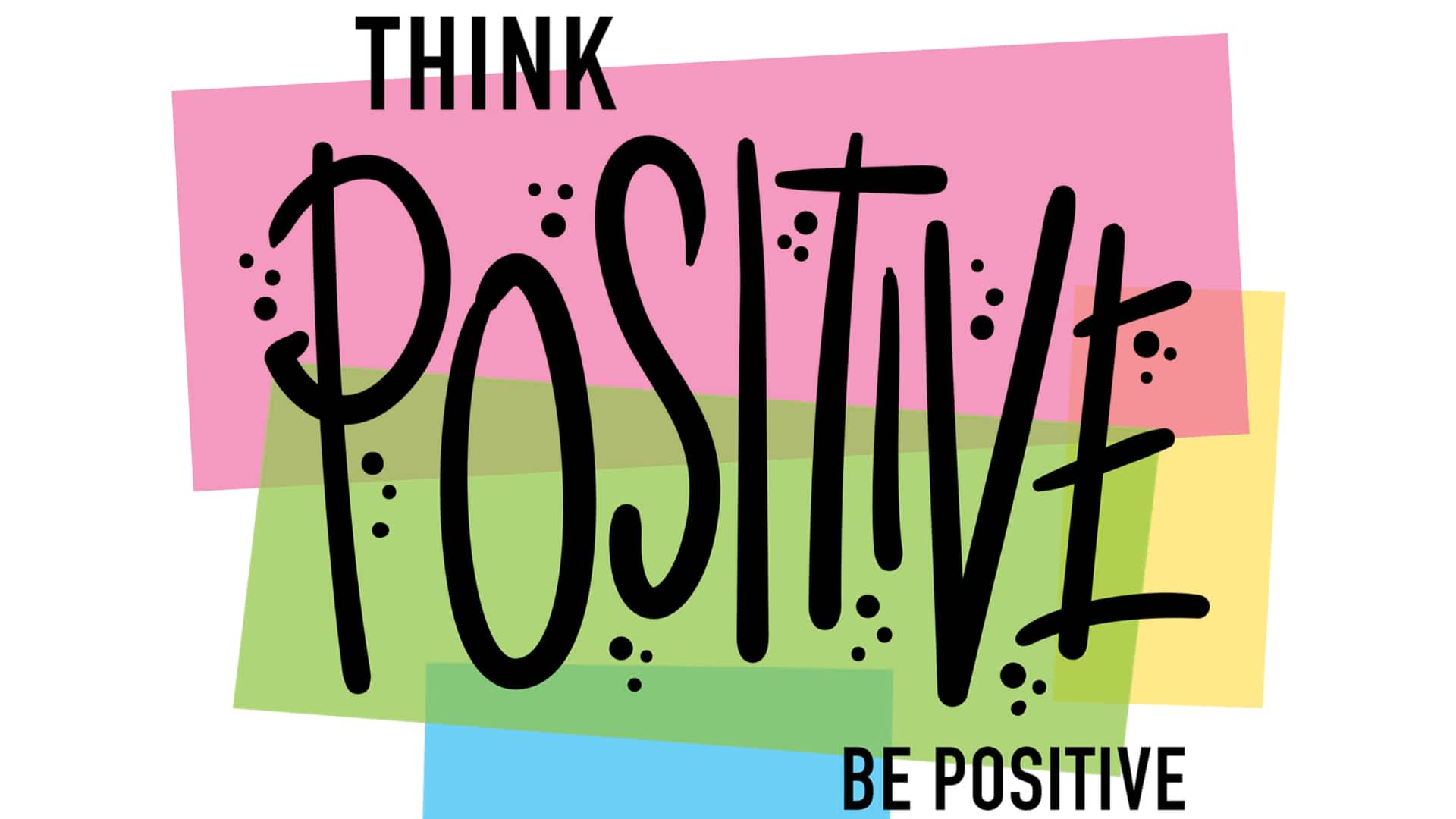Assertiveness is about expressing your thoughts, feelings, and needs in a respectful and confident manner while also considering the rights and feelings of others. Practice assertive communication by using "I" statements to express yourself clearly and assertively. Learn to say no without feeling guilty; prioritize your own needs and boundaries. Stand up for yourself in situations where you feel uncomfortable or disrespected, whether it's with peers, teachers, or family members. Remember that it's okay to ask for help or seek support when needed. Developing assertiveness takes time and practice, but it's an essential skill for building healthy relationships and advocating for yourself.
Building self-confidence is a journey, and it starts with self-awareness and self-acceptance. Embrace your strengths and unique qualities, and don't be afraid to celebrate your achievements. Practice positive self-talk and challenge negative thoughts or self-doubt. Set realistic goals and celebrate progress along the way. Step out of your comfort zone and try new things – each experience, whether successful or not, contributes to personal growth. It starts with reshaping your mindset and practicing intentional self-love. It's a journey of inner work and daily reminders that there's nobody quite like oneself. Let's embrace this wisdom, walking confidently in our uniqueness.
Navigating relationships can be complex, especially during high school. It's crucial for young women to understand what constitutes a healthy relationship and how to set boundaries. Communication is key; encourage open and honest dialogue with friends, family, and romantic partners. Learn to recognize red flags such as controlling behavior or lack of respect. Practice active listening and empathy to better understand others' perspectives. Remember that it's okay to prioritize your own well-being and happiness, even if it means ending toxic relationships. Surround yourself with supportive individuals who uplift and respect you for who you are. Growing up, I learned the art of pleasing others so well that I avoided conflict at all costs. But here's the thing - some relationships are worth fighting for. Real friends deserve honesty, even when it's uncomfortable. I've learned that communication is key. If a friend hurts you, tell them. Don't let resentment fester. And if they apologize, forgive them. Holding onto grudges only hurts the friendship in the long run. In friendships, honesty and forgiveness go hand in hand. So let's strive for open communication and let go of past grievances. After all, life's too short to lose good friends over misunderstandings.







